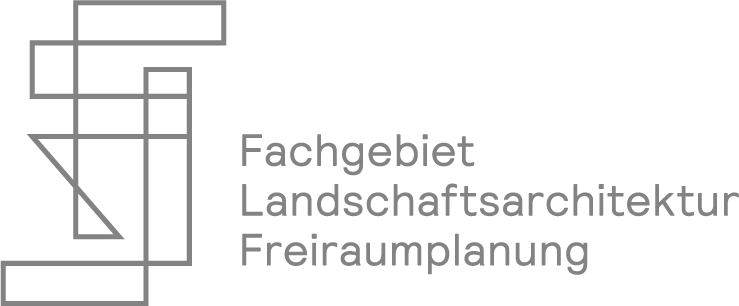DIAGNOSE! Interview with
#16 – Leslie Kern
By: Adi Cohen, Sasha Amaya
DIAGNOSE! Interview Series
Published on december 16, 2021
Leslie Kern // Scholar at Mount Allison University in New Brunswick, Canada and author of Feminist City // https://lesliekern.ca
Leslie Kern is a scholar based in the Departments of Women’s and Gender Studies, and Geography and Environment at Mount Allison University in New Brunswick, Canada.
Author of Feminist City: Claiming Space in a Man-Made World, Kern uses her interdisciplinary and intersectional approach to understand the ways in which the way our built environment creates smoothness for some and obstacles for others, depending on the types of bodies we inhabit and responsibilities we hold.
With an interest in, and experience of, activism, citizenship, and political mobilization,
Kern impels us, as designers and as citizens, to observe, design, and build differently.
In the context of BB2040, we discuss the spatialization of practices of care labour, the drop-out rate of women design professionals, and how to take a stand against gentrification.
Length: 33:30 min
Introduction
[00:00:08] introduction
[00:00:37] academic backround
Inclusive infrastructures
[00:04:34] feminist infrastructures
[00:09:50] activism and its exclusions
[00:14:39] infrastructure and activism
[00:18:33] pedestrians and snow-clearing
Gentrification & Design
[00:21:51] the impact of designers/planners
[00:25:13] diversifying design
[00:29:22] interdisciplinary collaboration
What comes next
[00:31:55] upcoming publication
BB2040
[EN] Berlin Brandenburg 2040 was initiated by the Habitat Unit in cooperation with Projekte International and provides an open stage and platform for multiple contributions of departments and students of the Technical University Berlin and beyond. The project is funded by the Robert Bosch Foundation.
[DE] Berlin Brandenburg 2040 wurde initiiert von der Habitat Unit in Kooperation mit Projekte International und bietet eine offene Plattform für Beiträge von Fachgebieten und Studierenden der Technischen Universität Berlin und darüberhinaus. Das Projekt wird von der Robert Bosch Stiftung gefördert.








